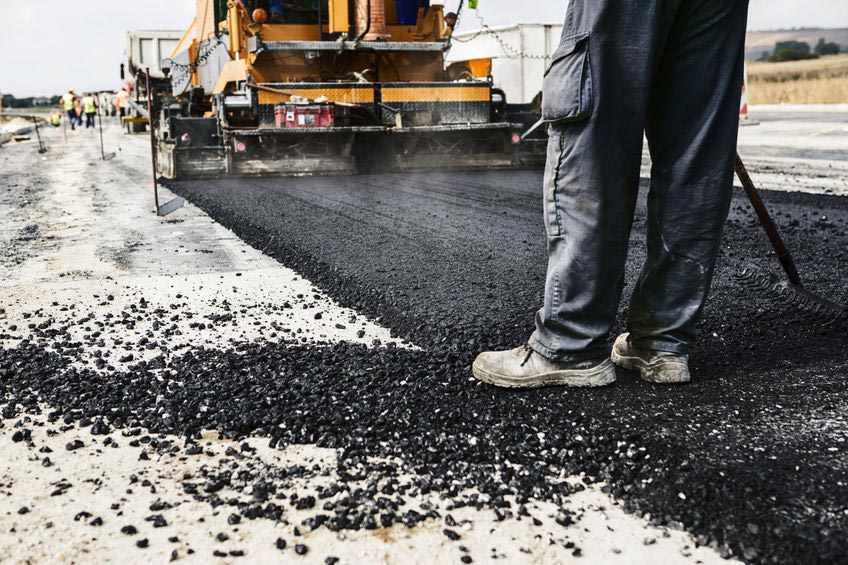
India’s road sector, with over 6.4 million km of road length (the second largest in the world), depends heavily on material innovation to meet the dual challenge of durability and sustainability. While conventional bitumen and aggregates remain the backbone, new materials are redefining how roads are built.
Modified Bitumen & Polymer Blends
Polymer-modified bitumen increases resistance to rutting and cracking.
Studies show 30–40% longer pavement life compared to conventional bitumen.
Plastic Waste in Roads
India generates 3.4 million tonnes of plastic waste annually. Using 1 km of plastic roads consumes around 1 million plastic bags, reducing landfill pressure.
As of 2023, over 1 lakh km of plastic roads have been laid in India.
Geopolymer & Fly Ash Mixes
Cement replacement by fly ash reduces CO? emissions by 30–40%.
NHAI projects near thermal power plants have mandated fly ash usage, saving disposal costs.
Reclaimed Asphalt Pavement (RAP)
Recycling old pavement reduces bitumen demand by 20–25% and aggregate use by 30%.
US FHWA data shows cost savings of up to $1.8 billion annually when RAP is widely used — a model India can adopt at scale.
Bio-Binders & Warm Mix Asphalt
Warm-mix asphalt reduces laying temperatures by 30–40°C, cutting fuel use and CO? emissions by 15–20%.
Bio-binders from agricultural waste are being piloted to replace fossil-based binders.